Interview with Leadingpharm — Strategic Breakthrough and Future Outlook of the CRO Industry
Release time:2025-04-29
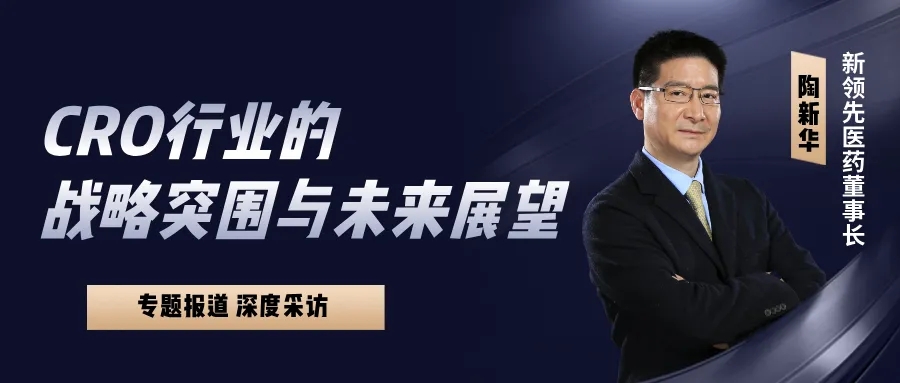

Recently, Mr. Tao Xinhua, Chairman of Leadingpharm, accepted an interview with the All-China Federation of Industry and Commerce Pharmaceutical Chamber of Commerce, in which he conducted an in-depth analysis of the industry status quo and shared Leadingpharm's strategic layout and profound insights.
01 Industry Pains: Multiple Challenges Facing China's CRO Industry
At present, China's CRO industry is going through a "painful period" intertwined with multiple challenges, including intensified price competition, increased cost pressures, and rising financing difficulties. Mr. Tao believes that the CRO industry, as a service provider for the development of the pharmaceutical industry, is closely linked to the domestic general situation.
In the stock market, cost and profit control have become crucial. Enterprises need to build an industrial layout that covers the entire product cycle, can cope with short-term risks, and conforms to industry development and economic laws, possess cost digestion capabilities, and offset the risks brought by a single product through a comprehensive combination of costs and profits.
For example, some enterprises have obtained excess profits by reversely acquiring international generic drug brands and products. In the incremental market, innovative drug research and development has become the focus. Large pharmaceutical companies are usually the main players in innovative drug research and development, while Biotech companies should focus on preclinical research. Companies that only have technology but lack funds or financing capabilities often find it difficult to enter this track.
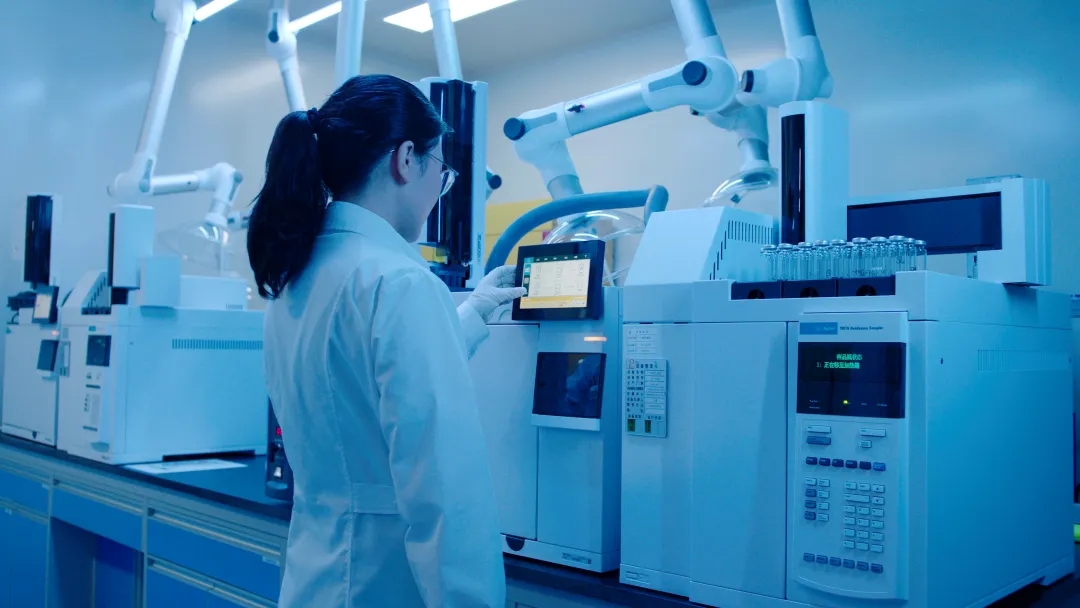
For CRO companies, it is necessary to improve their service orientation, focus on professional design and resource integration capabilities across the entire industry chain, and provide more valuable services to downstream enterprises. It is crucial to avoid blindly following trends and rushing into the market, as well as falling into the misunderstanding of self-incubation, because the thinking mode of CRO is completely different from that of BigPharma.
At the same time, Mr. Tao pointed out that the globalization capability of CRO is closely related to the globalization process of local BigPharma. Only when BigPharma goes global can the CRO industry develop rapidly or even catch up. If CRO companies rely solely on themselves to promote internationalization, their strength is somewhat weak.
Currently, Chinese CRO enterprises are small in scale and have weak international competitiveness. Their growth and globalization process depend on the global layout of comprehensive pharmaceutical companies. Therefore, CRO enterprises should focus more on the domestic market and expand into the international market when the time is right.

Regarding the escalating Sino-US tariff war, Mr. Tao believes that the impact on CRO industry orders in the short term is limited, but in the long run, risks such as increased supply chain costs and fluctuations in market confidence and investment expectations cannot be ignored.
To cope with the challenges, enterprises can start from three aspects:
First, optimize the supply chain layout, achieve localized production through joint ventures, mergers and acquisitions, or self-built production capacity, and at the same time diversify the supply chain to reduce dependence on a single market;
Second, increase R&D investment, develop characteristic technologies and services, and strengthen differentiated competitive advantages;
Third, expand diversified markets, reduce dependence on the US market, deeply tap domestic market demand, leverage domestic policy support and market potential, strengthen cooperation with domestic pharmaceutical companies, and promote the development of the domestic innovative drug industry.
02 Management Innovation: Intelligent Empowerment of Leadingpharm
With the advent of the AI era, the management field is undergoing tremendous changes, with its core reflected in cost management. The application of AI has drastically reduced costs, especially time costs, rather than simply increasing profits. If enterprises fail to introduce AI management and the thinking changes it brings, they will gradually lag behind in cost competition. Mr. Tao mentioned in his 2025 New Year message that "management innovation and empowerment of partners are the core competitiveness".
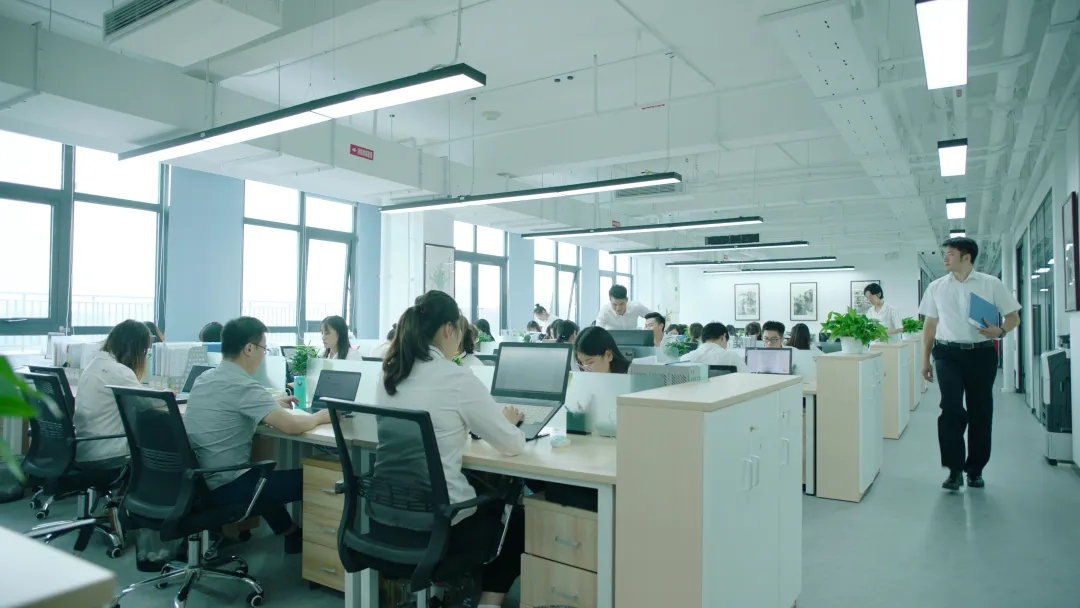
In Leadingpharm's "beginning with the end" management model, the originally vertically arranged modules are adjusted to be horizontally arranged as much as possible, enabling multiple modules to advance in parallel, and linking resources of upstream and downstream enterprises in the industry to achieve sharing. At the same time, Leadingpharm assists enterprises in innovation and consistency evaluation services through active embedded services, jointly reducing costs and sharing development results. Only by protecting upstream enterprises can the downstream industry achieve sustainable development.
03 Future Outlook: A New Era of Intelligent, Global, and Differentiated CRO
Although the CRO industry is facing many challenges, there are also opportunities. Mr. Tao believes that CRO enterprises should take the initiative to abandon some non-core businesses, carry out "sublation", and regard cash flow as the key. For valuable research projects, a cooperative approach can be adopted to ensure the continuity of research. Mr. Tao described the future development of the CRO industry with three keywords: intelligence, globalization, and differentiation.
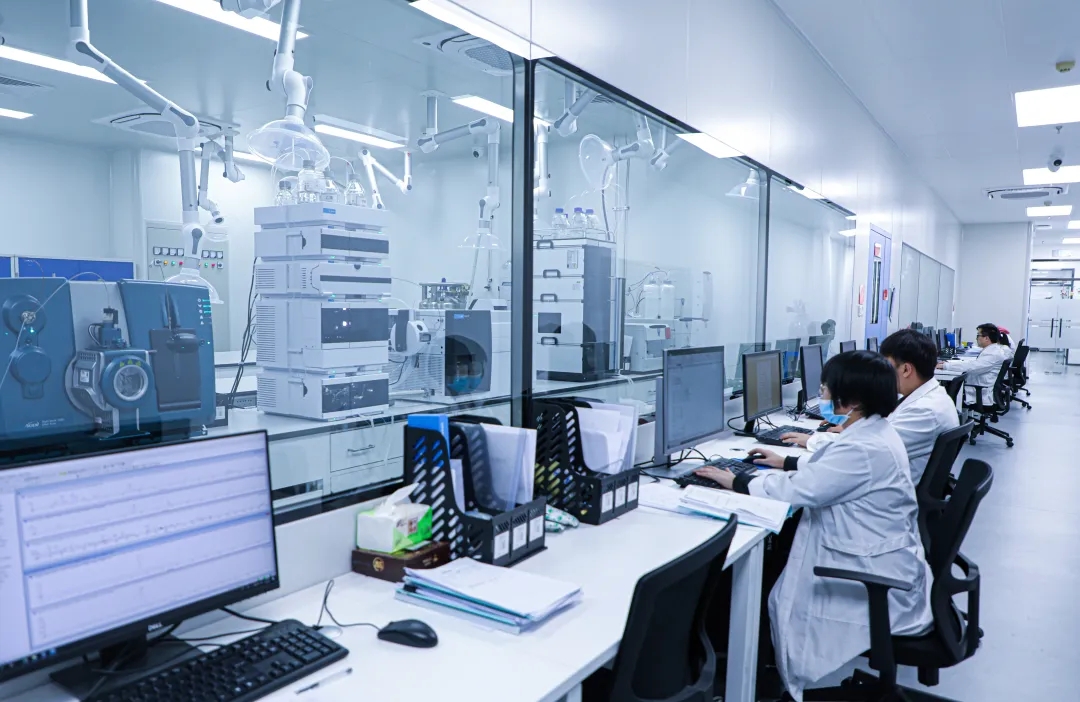
Intelligence: In the future, the CRO industry will be deeply integrated with cutting-edge technologies such as AI, big data, automated laboratories, and cloud computing. AI-assisted target discovery can shorten the traditional 1-3 year process to several months, and clinical trial design can be optimized through real-world data (RWD) analysis, thereby improving the success rate. This will not only significantly improve R&D efficiency, shorten the time for drugs to be launched, but also effectively reduce R&D costs, improve accuracy, bring more targeted treatment plans to patients, and promote the overall progress of the pharmaceutical industry. In the future, CRO enterprises with AI capabilities will establish a moat in technology and management, widening the gap with traditional service providers.
Globalization: Geopolitics has promoted "nearshore outsourcing" of pharmaceutical R&D. CROs need to establish distributed capabilities in North America, Europe, and the Asia-Pacific region. Emerging markets (such as Latin America and Eastern Europe) have become test bases with low costs and high recruitment efficiency, and a global network is the core of competitiveness. At the same time, it is necessary to adapt to data regulations such as GDPR and HIPAA in various countries and establish localized compliance teams.
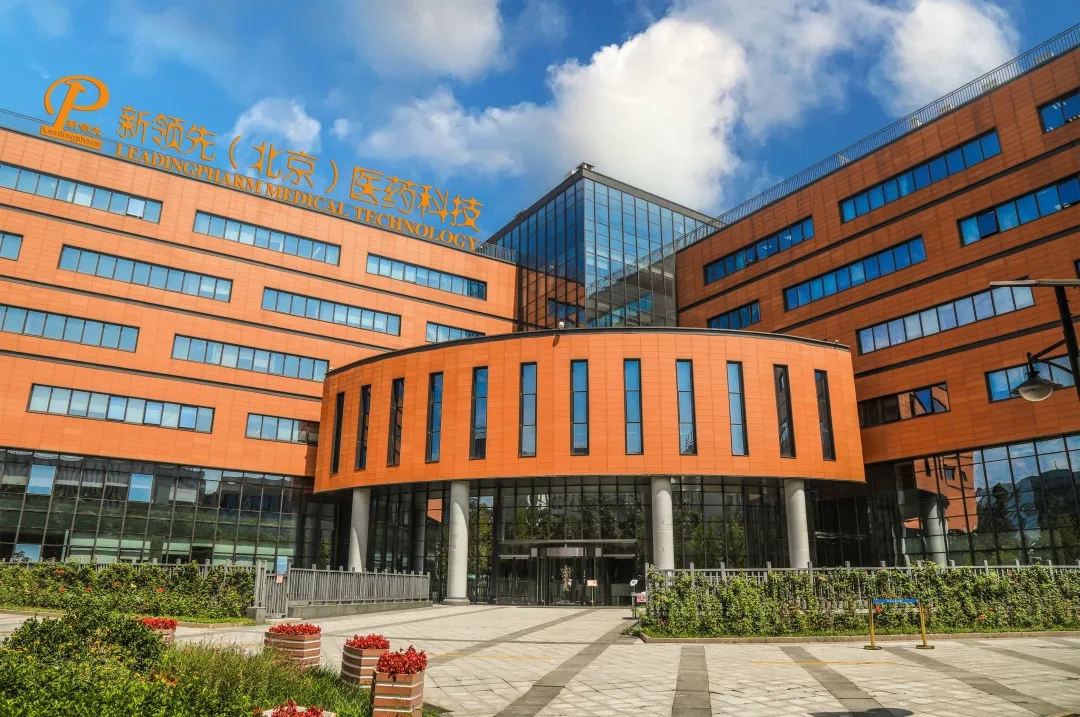
Differentiation: Segmented tracks such as gene therapy, ADC, and neurodegenerative diseases are experiencing explosive growth. CRO enterprises need to build "specialized, sophisticated, distinctive, and novel" capabilities to meet the needs of different fields. CRO enterprises can bind customers' long-term needs and enhance customer stickiness by providing end-to-end services from early target verification to commercial production. In addition, in response to the "low-cost + fast iteration" needs of local Biotech enterprises in China, India, etc., CRO enterprises can provide flexible small molecule or biosimilar development plans to adapt to the development characteristics of different markets.
-END-

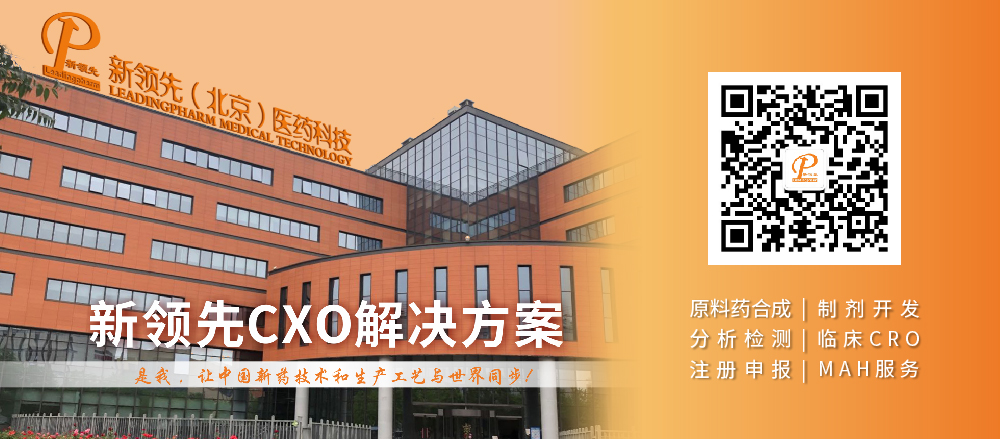
转载声明:未经本网或本网权利人授权,不得转载、摘编或利用其他方式使用上述作品。已经本网或本网权利人授权使用作品的,应在授权范围内使用,并注明“来源:新领先医药科技”。

 Hot line:010-83057670
Hot line:010-83057670
 EN
EN
 010-83057670
010-83057670 Address:
Address: Marketing Department:
Marketing Department: Leadingpharm
Leadingpharm Pharm News
Pharm News 010-61006450
010-61006450
